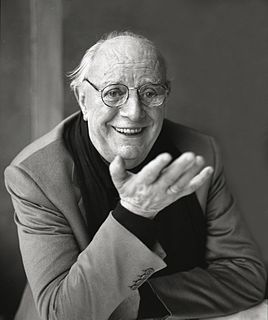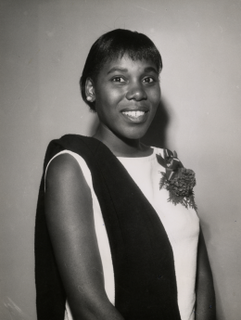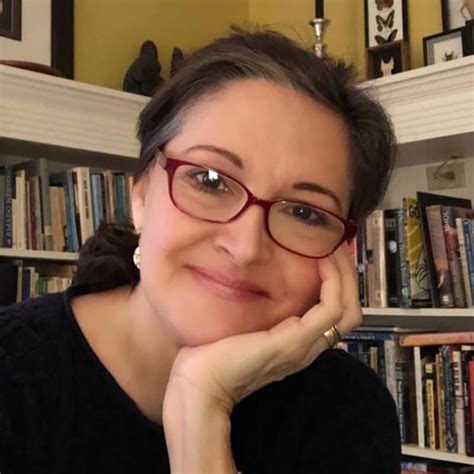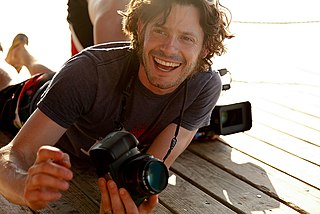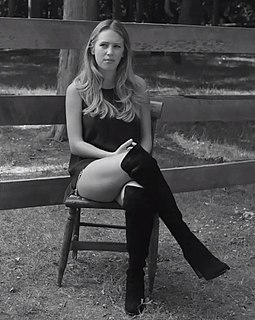A Quote by Dario Fo
When I was a boy, unconsciously, spontaneously I learned the art of telling ironic stories.
Related Quotes
I grew up in Sierra Leone, in a small village where as a boy my imagination was sparked by the oral tradition of storytelling. At a very young age I learned the importance of telling stories - I saw that stories are the most potent way of seeing anything we encounter in our lives, and how we can deal with living.
I learned as a really young kid, when my dad was telling me one story and my mom was telling me another that, even as a 5-year-old boy, there was no way that both of these stories are true. Something in the middle is true, and I have to figure out what it is, what the truth is, and I never did quite figure that out.
My real purpose in telling middle-school students stories was to practice telling stories. And I practiced on the greatest model of storytelling we've got, which is "The Iliad" and "The Odyssey." I told those stories many, many times. And the way I would justify it to the head teacher if he came in or to any parents who complained was, look, I'm telling these great stories because they're part of our cultural heritage. I did believe that.
